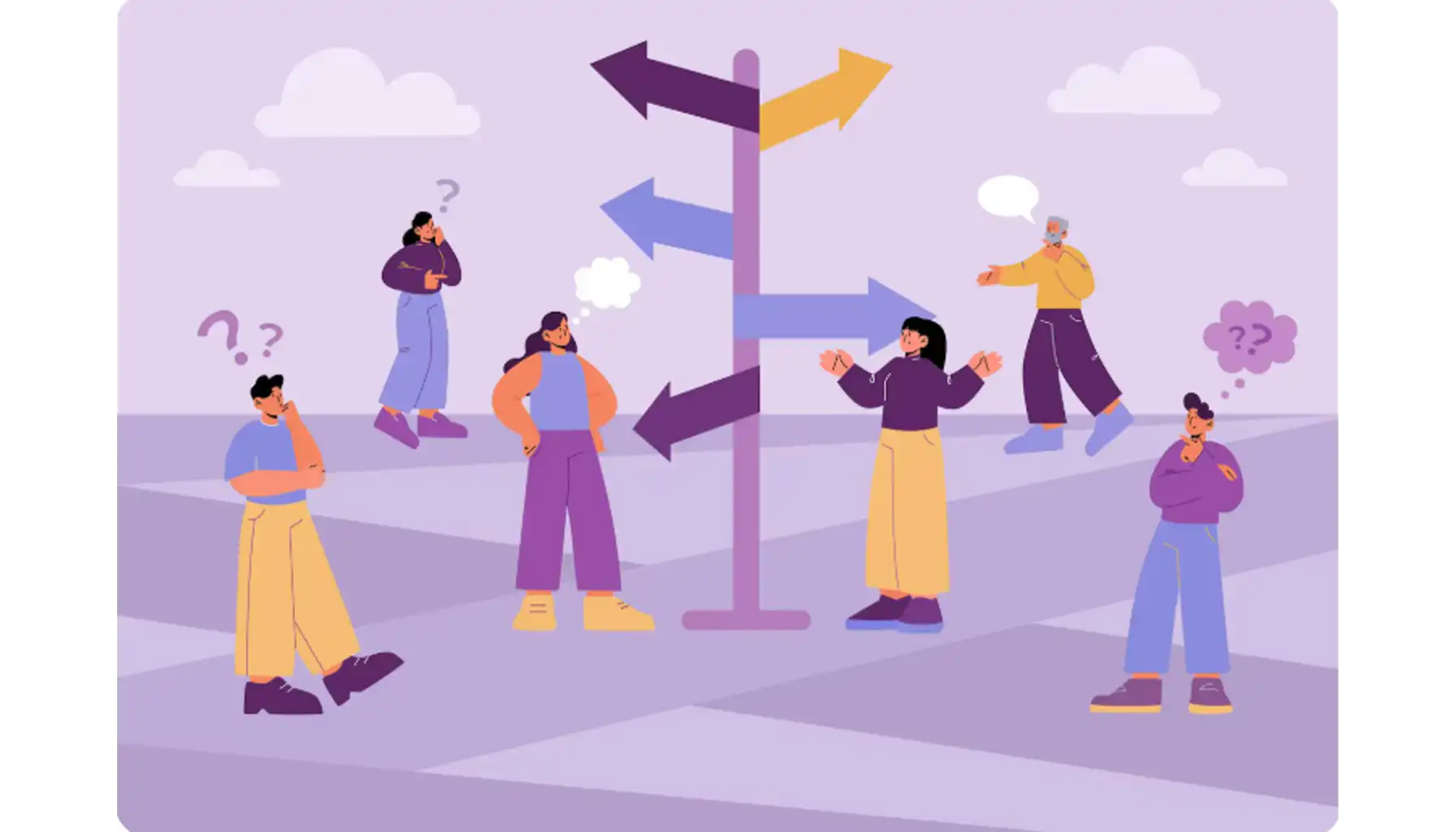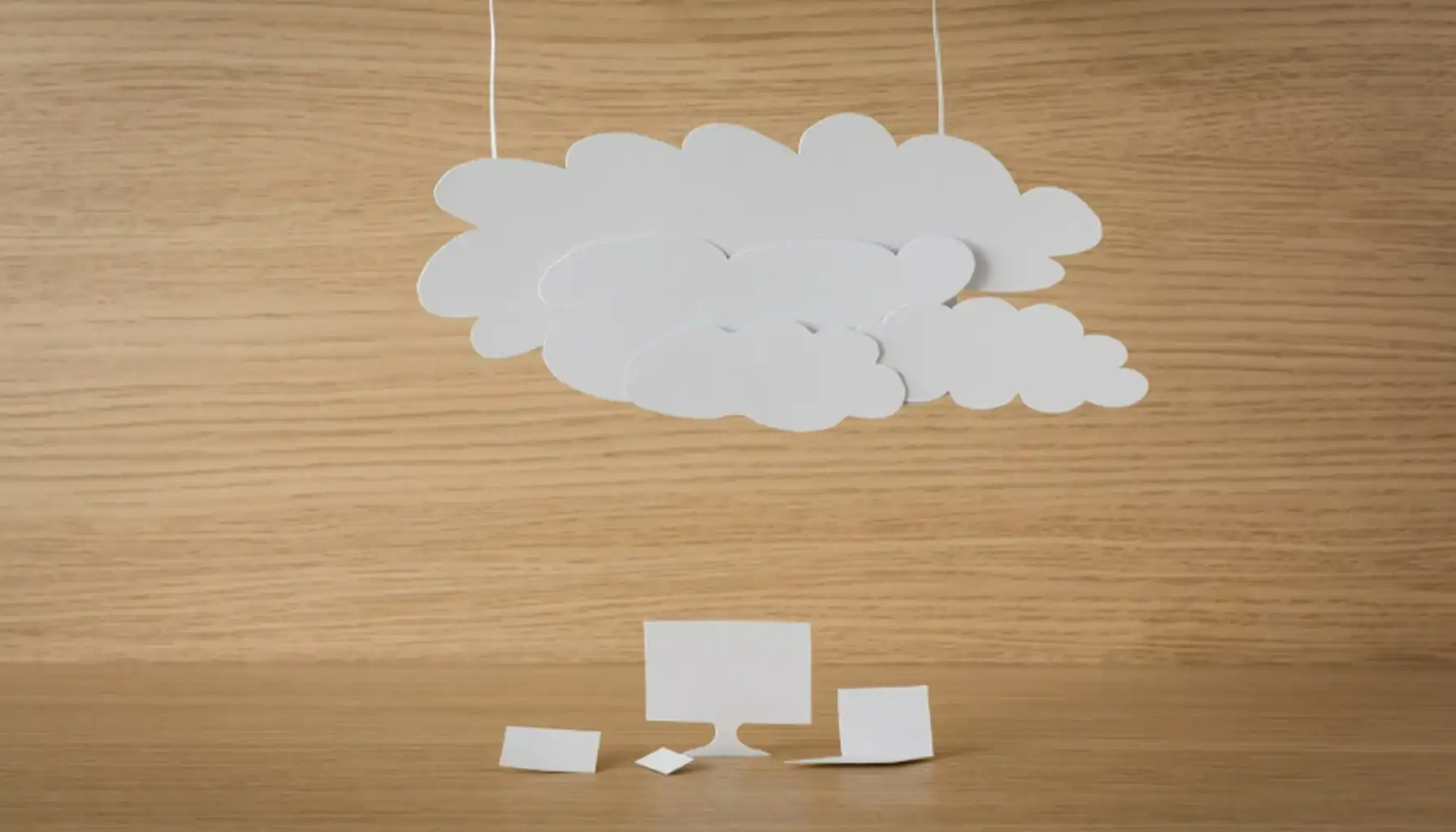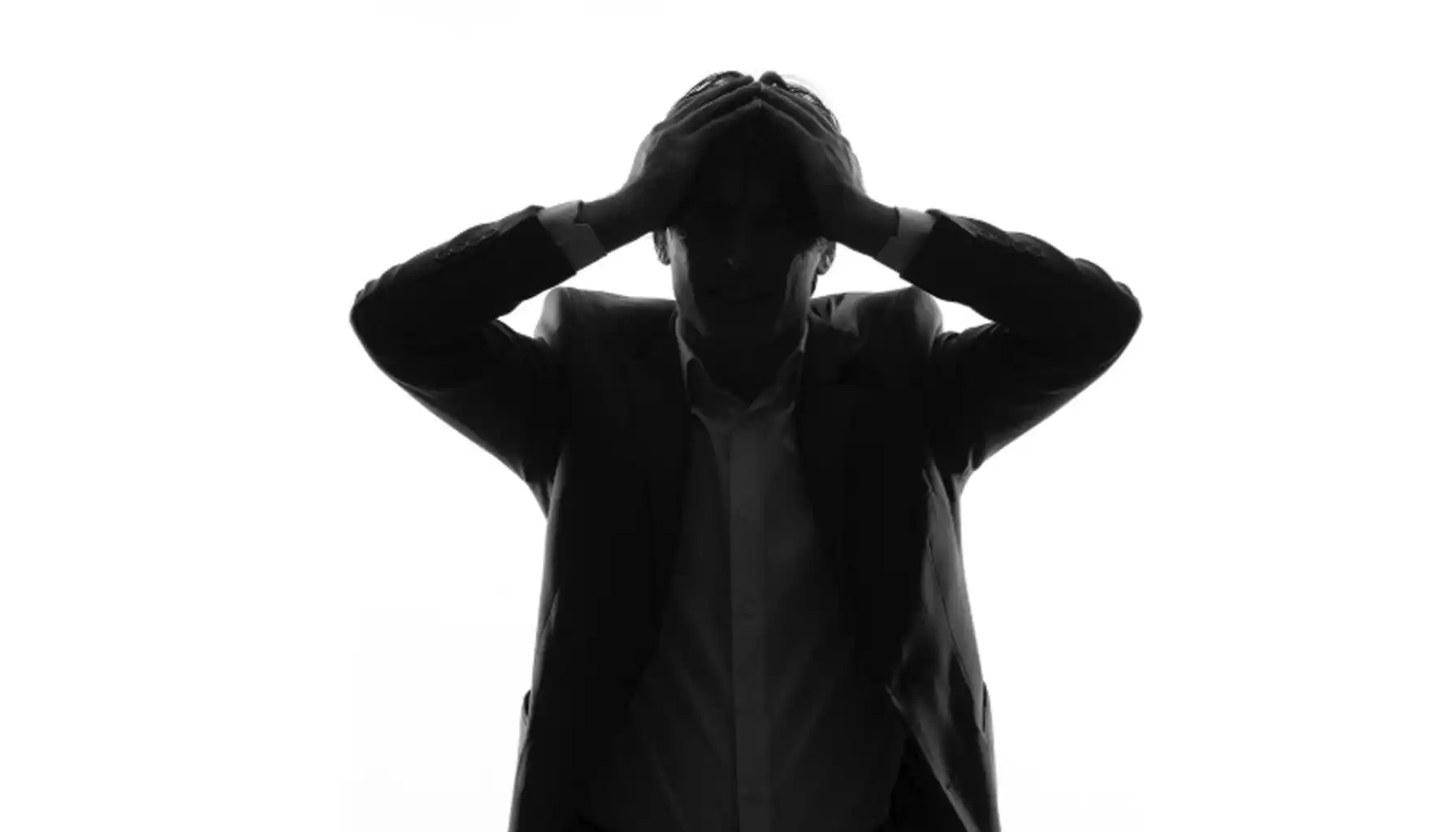Decidophobia: How to Overcome The Fear of Making Decisions

Contents:
“May your choices reflect your hopes, not your fears.” It is such a powerful reminder, but what if the act of choosing itself becomes the very thing you fear most? For some, decisions do not bring freedom – they paralyze instead. Big or small, life-changing or minor, every choice can turn into a burden to carry, yet this burden is definitely hard to bear. This is what the fear of making decisions phobia feels like.
Sometimes, our prejudices and special personal traits may actually be phobias, and that is when the real struggle begins. When that happens, its consequences can affect the normal course of living, and neglecting it would be possible no more... The inner fight – the constant battle with anxiety, doubt, and terror within. So, what is the fear of making decisions called? How can we confront its grip, and which brain training tools can help one break the cycle?

What Is Decidophobia?
The decidophobia meaning, as well as the concept outside the verbal shell, has always represented an invisible battle, though it was first clinically pronounced only in the last centuries. As such, this specific phobia presupposes that one experiences a strong and vivid fear of making decisions, which may result in overwhelming anxiety, SAD, depression, deviant behavior, and other related types of distress.
Unlike procrastination (which can be accompanied by decidophobia for sure), this condition is characterized by more influential consequences and a cycle of doubt and second-guessing that cannot be stopped on its own. Any decision, be it of a simple or complicated nature, is hard to make, and the more options we have, the more pressure we feel to choose the “right” one.
The most irritating effects of the phobia refer to the constant dependence on others, reliance on the fictional routines, overthinking, and the complete loss of control. But where does it come from?
Related article: Why ADHD Makes You Chase Perfection (And How to Let Go)

The Main Decidophobia Causes Explained
Just like many other deviations, decidophobia cannot appear out of the blue. Instead, there should be reasonable (or unreasonable) grounds, e.g., personal experiences, personality traits, and external pressures. Keep in mind that understanding the decidophobia definition is the first step toward recovery – its causes should not be neglected, too.
Fear of Failure and Mistakes
For those who suffer such a condition, failure and mistakes pose significant threats to their lives in general. The wrong choice, in this case, seems like a tragedy that cannot be averted (though the reality may be completely different from the one they know). The possibility of error, as it may keep one paralyzed, leading them to avoid making decisions at all.
Past Negative Experiences
A painful outcome in the past may affect the behavior in the future, be it a career choice that didn’t work or an unhealthy relationship you blame yourself for. This forces one to believe that choosing is risky and should be avoided at all costs.
Lack of Self-Confidence and Personality Factors
When a person is full of self-doubt, uncertainty, and prejudices regarding their judgment and abilities, making choices inevitably becomes a source of stress rather than empowerment. As a rule, such people are more likely to avoid making a decision or, rather, rely on others to do it on their behalf. The natural tendency to overthink is a great enemy, not an ally – remember it.

Symptoms and Signs to Be Aware Of
Although the decidophobia symptoms are usually well-concealed and may not be recognizable at first, the means of manifestation may differ significantly. As soon as occasional indecision is natural, people with this phobia experience fear so strong that it disrupts daily functioning and results in overwhelming anxiety when confronted with choices. So, what to look for in order to detect it on time?
Category | Symptoms | Examples |
Behavioral | Procrastination and decision avoidance Excessive reliance on others Overanalyzing every option | Postponing choices until the last minute Asking others to decide even for small matters (e.g., meals, routes) Spending hours comparing trivial details |
Emotional | Anxiety and fear when faced with decisions Guilt for not being able to choose Fear of failure or regret | Feeling nervous or restless when asked to decide Constant second-guessing Emotional exhaustion after making even simple decisions |
Cognitive | Indecisiveness Negative thought loops Perfectionism and unrealistic expectations | Playing out endless “what if” scenarios Obsessing over finding the “perfect” choice Difficulty focusing on the bigger picture |
Physical | Rapid heartbeat Sweating or trembling Muscle tension, headaches, or nausea | Stress reactions before deadlines Panic-like symptoms during important choices Physical fatigue caused by chronic stress |
Note: The symptoms listed above are presented for informational purposes only. They are not meant to replace professional advice, for only a qualified healthcare or mental health specialist can provide an accurate diagnosis and recommend appropriate treatment after all.
The Impact on Daily Life
At the moment of choice, it is no longer about hesitation or procrastination but a total refusal to decide. Over time, this fear gradually limits independence and creates patterns of avoidance that affect nearly every aspect of daily functioning.
What to wear, what to eat, what to listen to – these are only a few possible choices that may make one feel exhausted. When it comes to something more important, life-changing, this process itself drains energy and reduces productivity, let alone the feeling of devastation and stress. This type of avoidance often results in missed opportunities, stagnation, and frustration about a lack of progress in life. All in all, it is not ok to feel this way.
Common ways decidophobia impacts daily life include:
Everyday decisions: Difficulty choosing meals, clothing, or daily tasks.
Major life decisions: Avoidance of career changes, financial planning, or relocation.
Relationships: Over-reliance on others for choices, which consequently creates imbalance or tension.
Work and productivity: Struggling with timely decisions that hinder professional growth and confidence.
Emotional health: Chronic (or genetic) anxiety, low self-esteem, and feelings of being trapped.
Autonomy is no longer your reality, and this should be changed!

How to Overcome Fear of Making Decisions
Defeating your inner demons may not seem easy – this is the reason why one should always seek professional support that usually consists of psychological strategies, practical techniques, and cognitive training. Your goal is to reduce anxiety, become more confident, and find peace right in your mind. Indeed, it may be hard to start, yet your fight is going to pay you back.
Tools and Coping Techniques
Approach | How It Helps | Strategies/Tools |
Break Decisions Into Steps | Reduces overwhelm by tackling choices progressively | Write pros/cons lists, set mini-deadlines, focus on one aspect at a time |
Limit Options | Prevents decision fatigue by narrowing choices | Select 2–3 viable options instead of dozens |
Set Time Limits | Encourages action and prevents endless deliberation | Use timers or deadlines to make decisions within a set window |
Mindfulness & Stress Management | Reduces anxiety, improves clarity and emotional sobriety | Mindfulness meditations, deep breathing exercises, journaling |
Cognitive Training | Enhances mental agility, memory, and reasoning for better decision-making | Employ apps like Mind Elevate app (e.g., it offers 35+ games targeting memory retention, attention & concentration, logical reasoning, math fluency, musical perception – choose whatever you like) |
Seek Support or Coaching | Provides guidance and constant support from those who are aware of the problem (from the clinical perspective) | Work with a therapist, coach, or mentor to practice decision-making skills |
Gradual Exposure | Builds confidence by facing decisions | Start with low-stakes choices and gradually move to bigger ones |
Decisions are heavy (this is the only truth of adult life. Remember: fear is temporary, but the freedom to decide is yours to claim.





